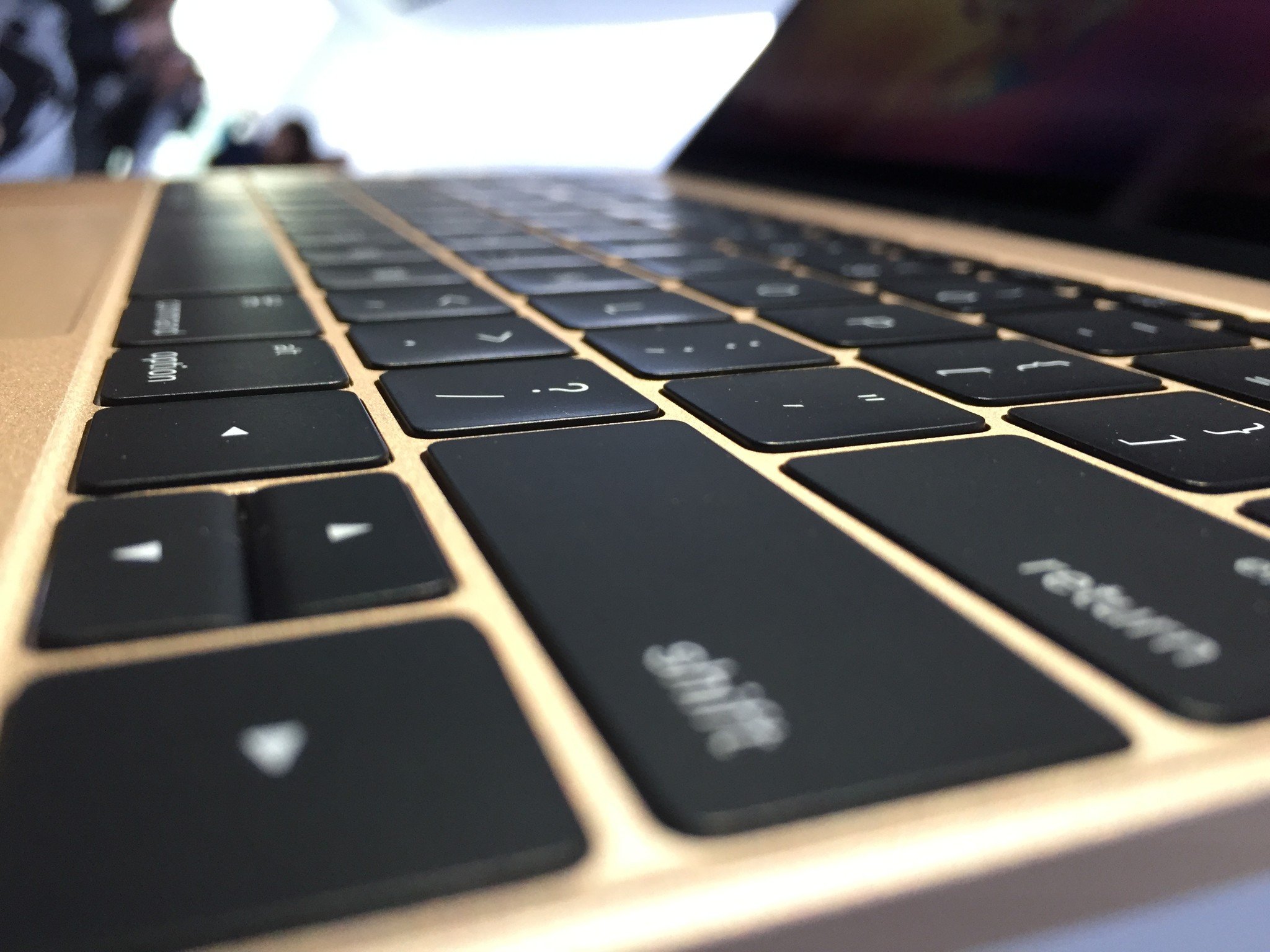What you need to know
- A lawsuit against Apple relating to its MacBook butterfly keyboards has been granted class-action status.
- The suit covers seven states across the US.
The suit covers notebooks from 2015.
A judge has declared that a lawsuit relating to Apple's infamous butterfly keyboards should be certified as class action. The decision was made earlier this month but the decision has only just been made public.
Spotted by The Verge, the suit will cover Apple notebooks with the butterfly keyboard that were sold across seven states; California, New York, Florida, Illinois, New Jersey, Washington, and Michigan. The suit will cover anyone "who bought a MacBook model dating between 2015 and 2017, a MacBook Pro model between 2016 and 2019, or a MacBook Air between 2018 and 2019."
Apple apparently knew for years that its butterfly keyboards had issues and attempted to fix the problems via a number of revisions. Some did improve matters but none actually resolved the issues people saw – sticky keys, keys that registered presses twice, and keys that simply refused to work.
From to the suit and The Verge:
This suit claims Apple knew for years that its butterfly switches were defective — and that its incremental changes weren't fixing the core problem. It cites internal communications inside Apple, including an executive who wrote that "no matter how much lipstick you try to put on this pig [referring to the butterfly keyboard] . . . it's still ugly."
That's a pretty damning indictment and one that Apple will need to argue against. Apple has already claimed that the suit shouldn't be classed as a class action situation, but was unsuccessful.
Apple argued against class action certification, saying one consolidated suit shouldn't cover multiple tweaks to the butterfly keyboard. But the plaintiffs successfully argued that all butterfly keyboards may have the same fundamental problems due to their shallow design and narrow gaps between keys. "None of the design differences that Apple points to changed the tight spaces between the keys, nor the low-travel aspect of the design," the order reads. Apple will have to argue later that these basic features didn't actually make the design unreliable — and that it didn't spend years knowingly making defective keyboards.
Have one of the affected notebooks? I'd suggest ditching that internal keyboard and using one of the best wireless keyboards you can buy instead. The current 13-inch MacBook Pro doesn't suffer from any of these problems thanks to the use of a new Magic Keyboard, by the way.

0 Commentaires